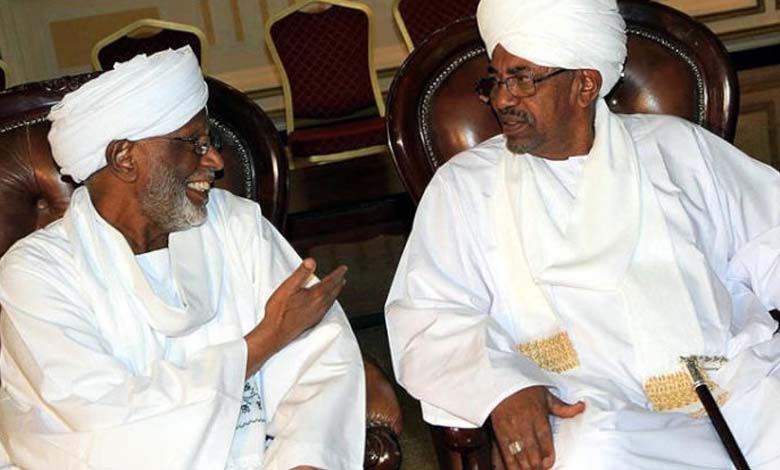Over 30 years… This is what the Muslim Brotherhood did in Sudan

The Egyptian researcher on Islamic groups affairs, Hussein Al-Qadi, said that the experience of the “Brotherhood” differs from all “Brotherhood” experiences, as it was the regime that was revolutionized after thirty years of rule, and not one of the revolution’s elements as claimed in many Arab countries, first of which is Egypt and Tunisia.
In a statement to Al-Hal Network, he added that this experience confirms the invalidity of the usual “Brotherhood” argument that they did not undergo the complete experience because they ruled Sudan for three decades, and their policy was to divide the country into numerous militias fighting each other, without seeking the interest of the state and the people.
Al-Qadi explained that the insistence on not providing a full opportunity for the “Brotherhood” group in the countries they ruled, especially Egypt, raises questions about what this group has offered to Sudan over thirty years in platforms of governance, political, military, and civil administration. We cannot say that Omar al-Bashir‘s regime was entirely “Brotherhood“, but it was an Islamic system working to empower the “Brotherhood“, and the group actually succeeded in all aspects of the state to an extent that makes us say that Omar al-Bashir‘s experience is an experience in which Sudan lived under this Islamic group. If al-Bashir did not explicitly say that Sudan’s governance was led by the “Brotherhood“, the reality indicates that they had the actual structure of the state.
The researcher emphasized that Sudan did not witness any significant development or social or political movement throughout the Brotherhood‘s rule, but remained stagnant like other neighboring countries, and the people’s uprising in 2018 and the overthrow of al-Bashir‘s regime represented a severe blow to the group.
For his part, the Sudanese researcher Abdul Jalil Suleiman stated that the group, throughout its presence in Sudan and its presence within the ruling system, if not entirely, sought empowerment within all state apparatuses more than addressing the needs of the Sudanese society and addressing its problems. They controlled the entire economic, military, and political structure of the state. There are no political forces other than the “Brotherhood” in Sudan, and more than that, they monopolized industries, imports, and exports, and we do not look at any leadership or institution except that the majority of its elements are “Brotherhood” and they surround it.
Suleiman added that the “Brotherhood” group is currently igniting the entire Sudan and tearing it apart in order to return to power, especially as they were entrenched within the state structure and social construction as well.
The Sudanese writer and researcher affirmed in a statement to Al-Hal Network that “those who are fighting now in Sudan are the Brotherhood through their battalions and militias alongside the Sudanese army, which is controlled by Brotherhood leaders, in addition to the militias of Buraa bin Malik, the Shadow Brigades, the Special Operations Forces, and the Mustansirun; those recruited by the group from remnants of previous militias, Popular Defense, Popular Police, and they recruited some citizens and called themselves the al-Mustansirun.”
Suleiman added that when these Mustansirun failed to implement the group’s objectives and goals on the ground, the group considered launching what is called “popular resistance” against the Rapid Support Forces through army commander Abdul Fattah al-Burhan, and they are now arming their cadres and sowing tribal sedition by arming some tribes on the basis that they are in danger, and when they failed to gather people and arouse their religious sentiments, they began to arouse tribal sentiments, because Sudan is ultimately a tribal society.












